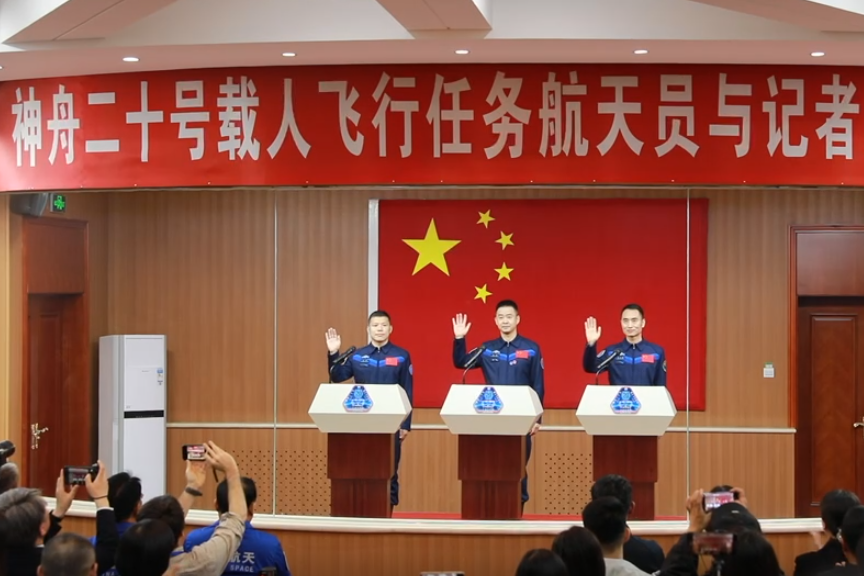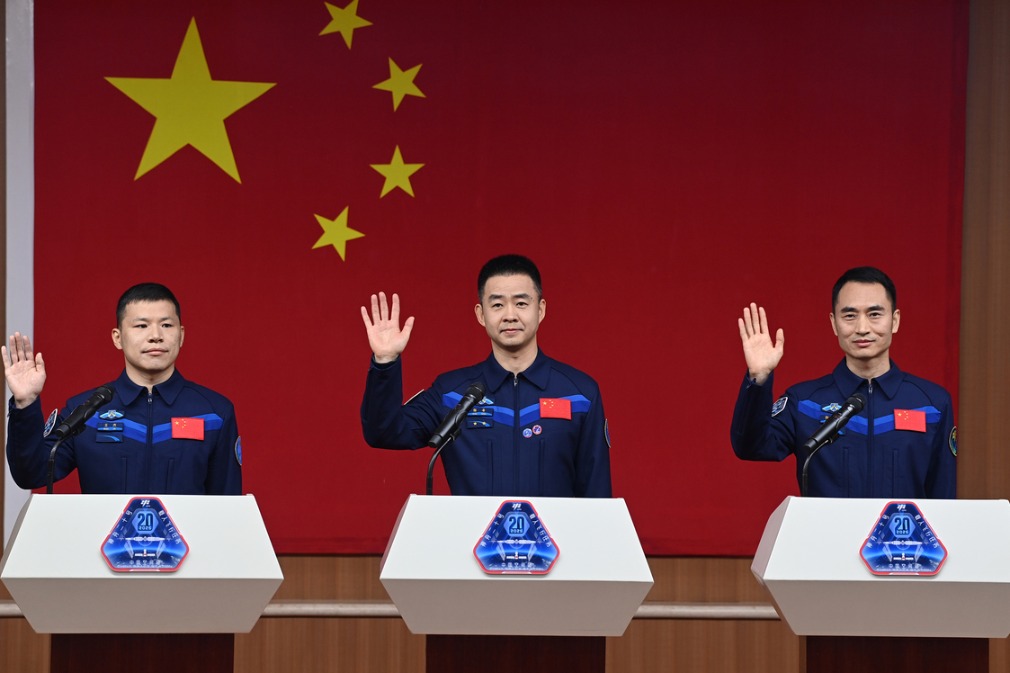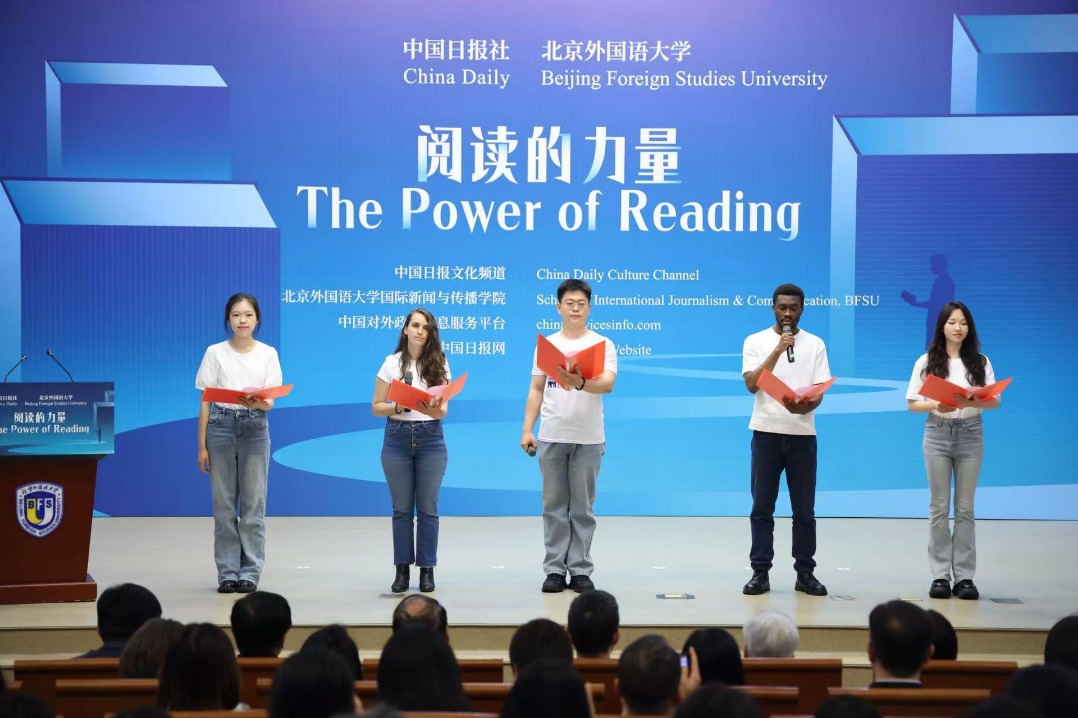Japan rejects S. Korea's new policy position on 'comfort women' deal
Xinhua | Updated: 2018-01-09 19:05
TOKYO -- Japan's Foreign Minister Taro Kono said on Tuesday that Japan cannot accept South Korea's new policy position on a deal struck in 2015 between the two countries over Japan's wartime conscription of "comfort women."
"The steady implementation of this agreement is both countries' duty to the international community," Kono was quoted as telling a press briefing on the matter, following South Korea announcing its policy position.
"We cannot accept at all South Korea's demand of further action from Japan despite the fact that, with this 2015 agreement, we affirmed the final and irreversible resolution of the comfort women issue," Kono added.
He went on to say that while Tokyo will "swiftly protest" the new policy through the "appropriate channels" he was confident that South Korea "is aware that this agreement is one of the cornerstones of future-oriented bilateral relations."
Japan's foreign minister said that the government here would like further clarification as to what Seoul means by "matching Japan's contribution."
Seoul has said that it will not seek to renegotiate the deal, but will plan to match the 1 billion yen ($8.9 million) paid by the Japanese government under the deal, with South Korea's Foreign Minister Kang Kyung-wha saying that it will decide how to use Japan's payoff.
Under a landmark bilateral deal reached two years ago, both countries agreed that the "comfort women" issue that had led to diplomatic ties between both countries becoming significantly strained, would be "finally and irreversibly" resolved.
South Korean President Moon Jae-in, who took office in May, and his administration, however, have said that they are revisiting the process under which the accord was made under the previous government, noting that the pact does not reflect the will of the majority of South Korean People.
The so-called "comfort women" issue involved soldiers from the Imperial Japanese Army during World War II, coercing and, in some instances, kidnapping girls and women and forcing them to work as sex slaves, servicing Japanese soldiers at military brothels during the war.
Many of the women forced into the sex trade by the Japanese aggressors came from the Korean Peninsula, although thousands of women were also trafficked from many other parts of Asia, including China.
Euphemistically, these sex slaves have come to be known collectively as "comfort women."
Statues erected to pay honor to these "comfort women" draw the ire of the Japanese government, the right wing forces of which have been trying ardently to whitewash its war time atrocities.
While Japan's Chief Cabinet Secretary Yoshihide Suga, the government's top spokesman, said Tuesday that Tokyo is "not thinking of moving even a millimeter on the deal."
























